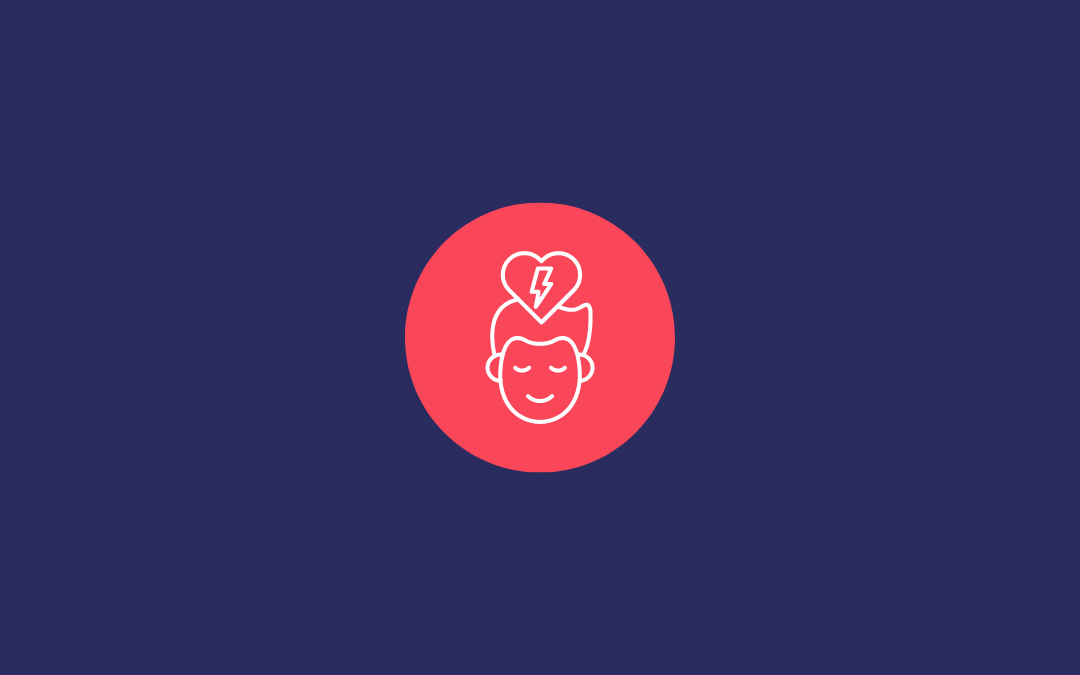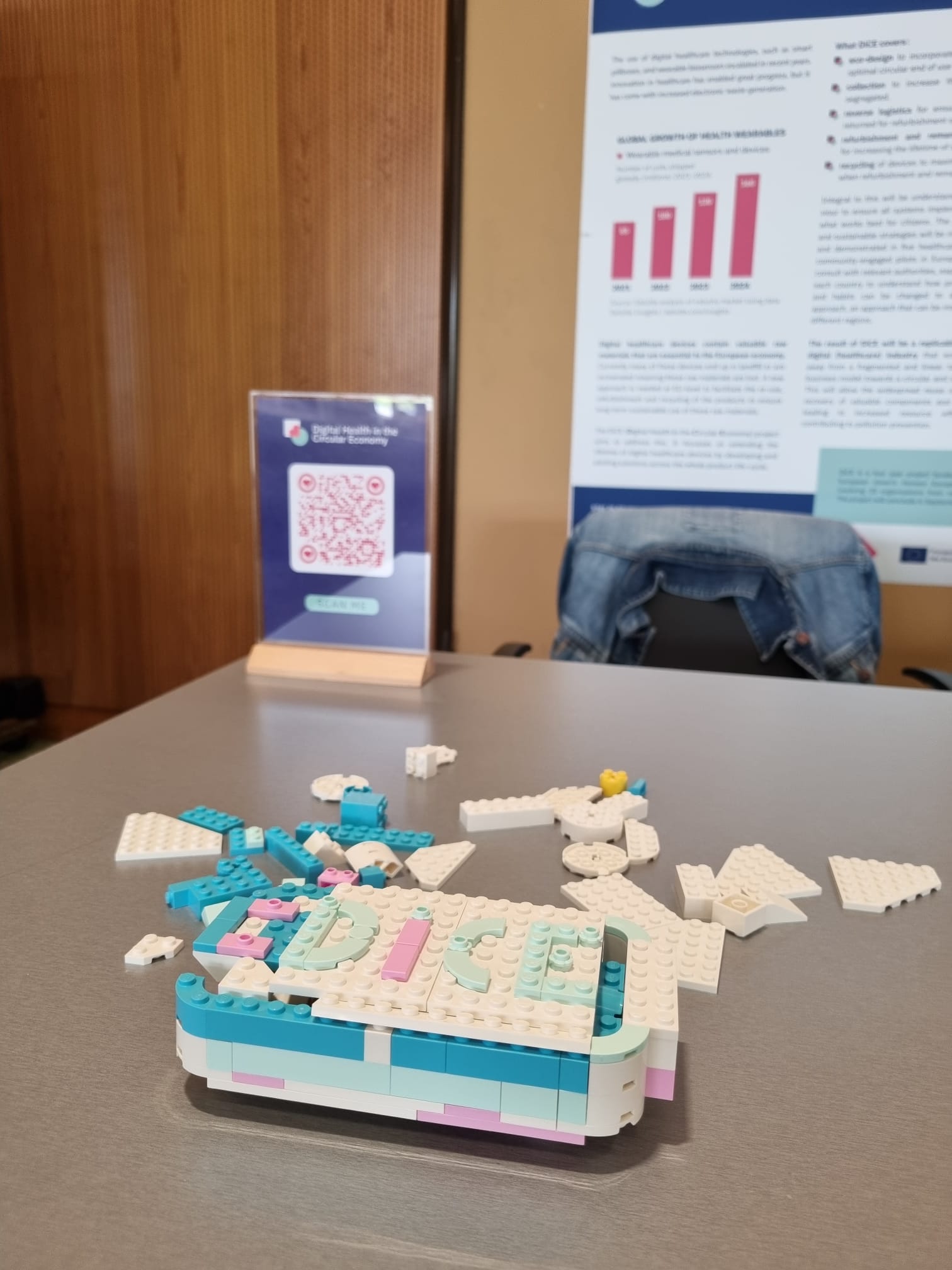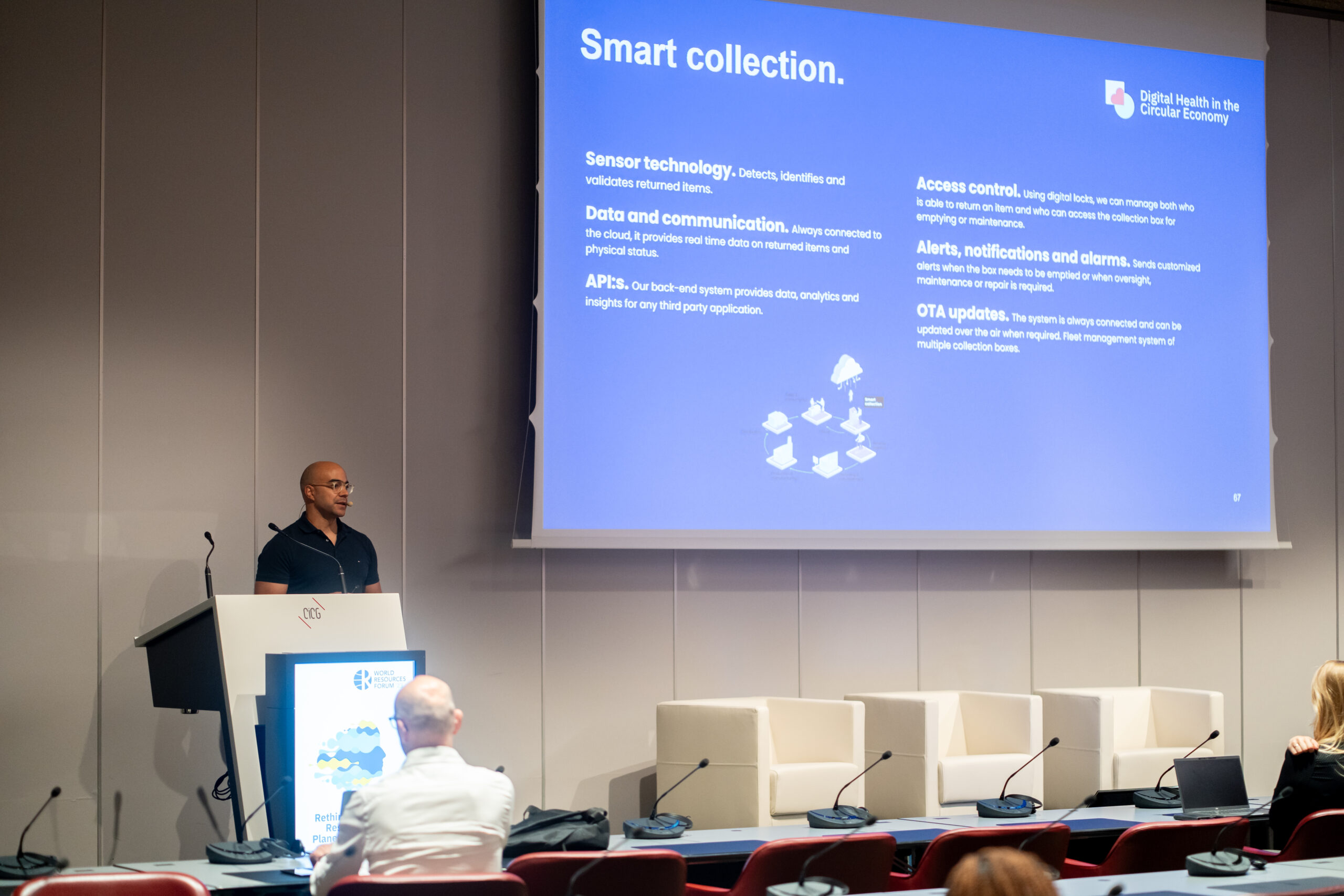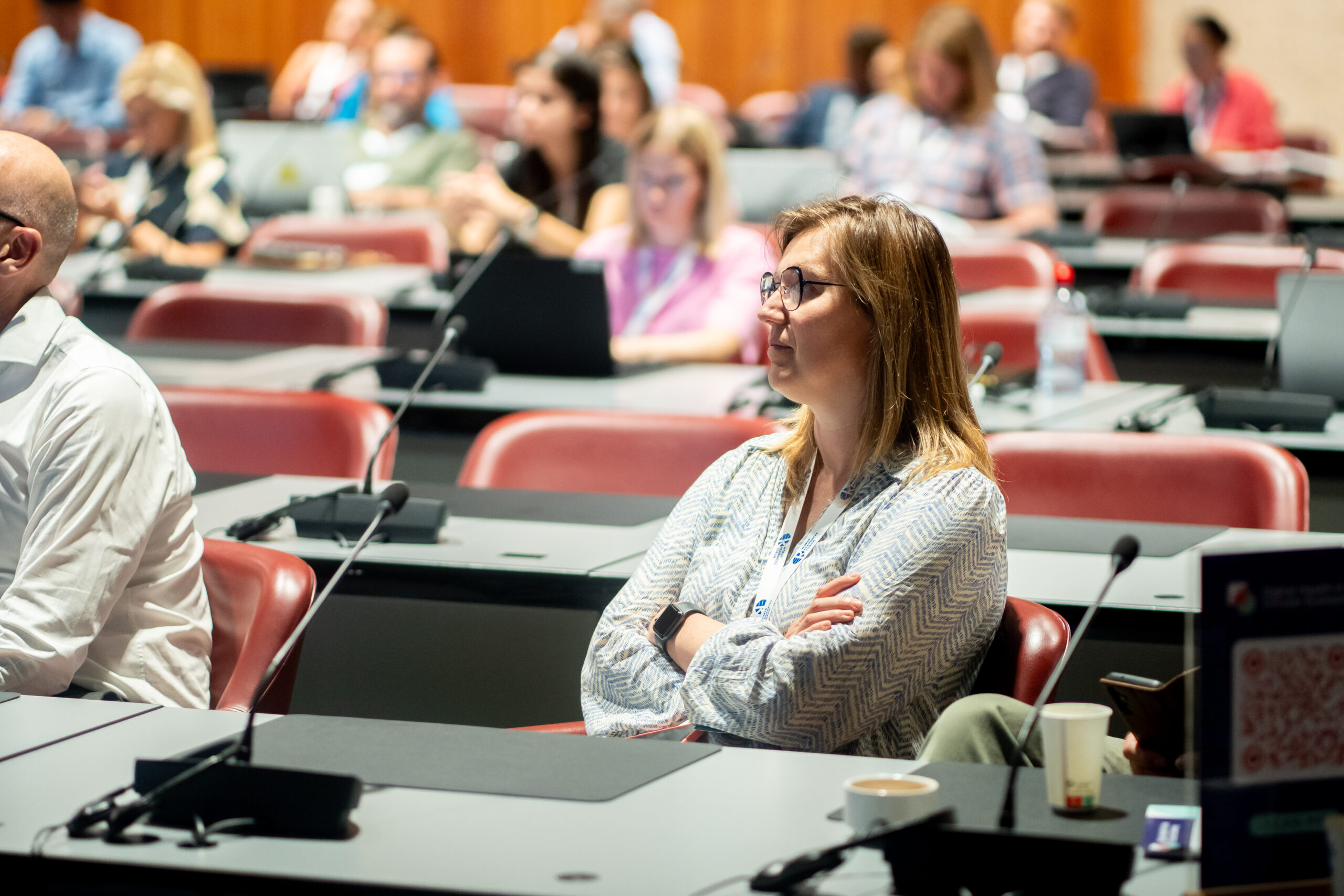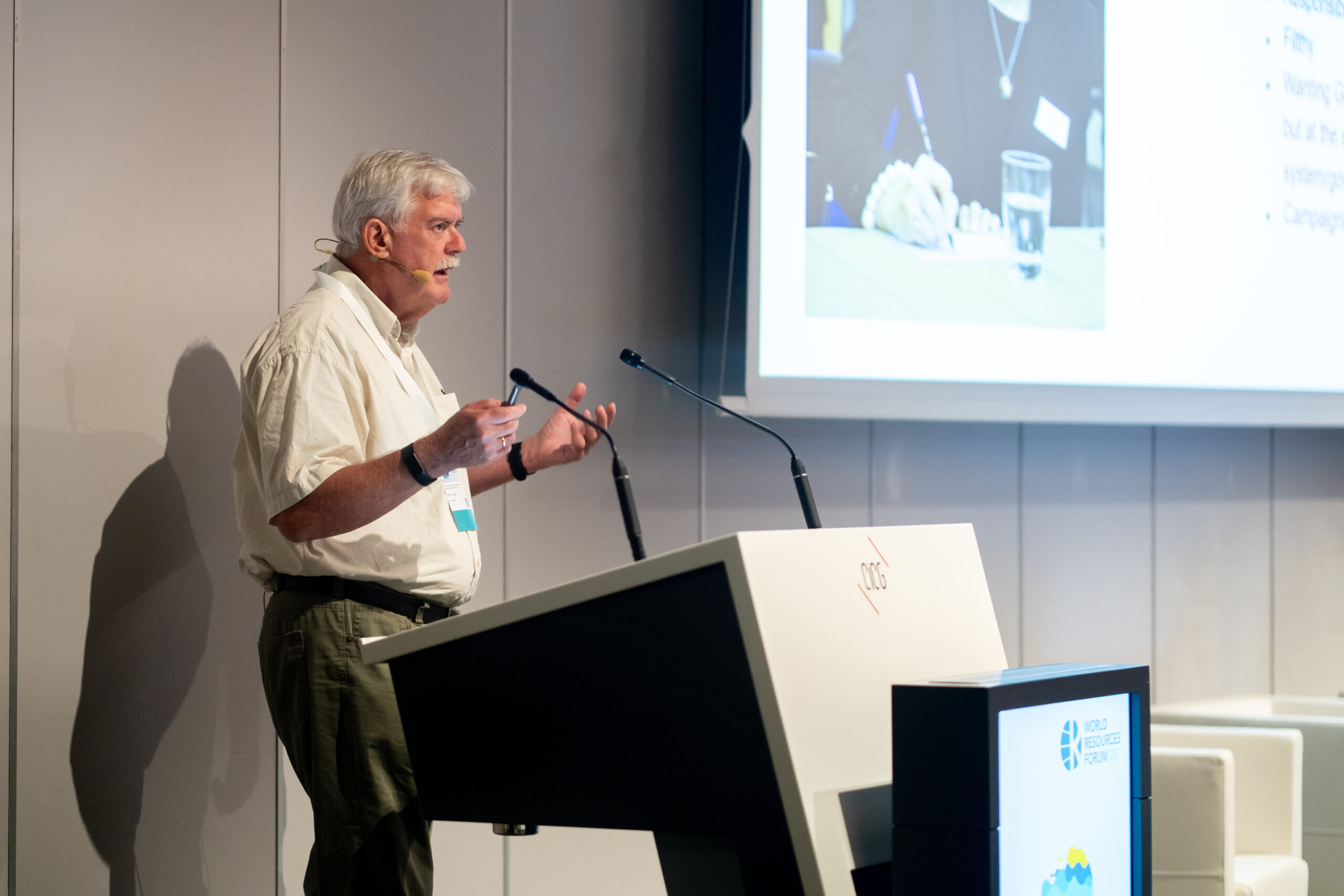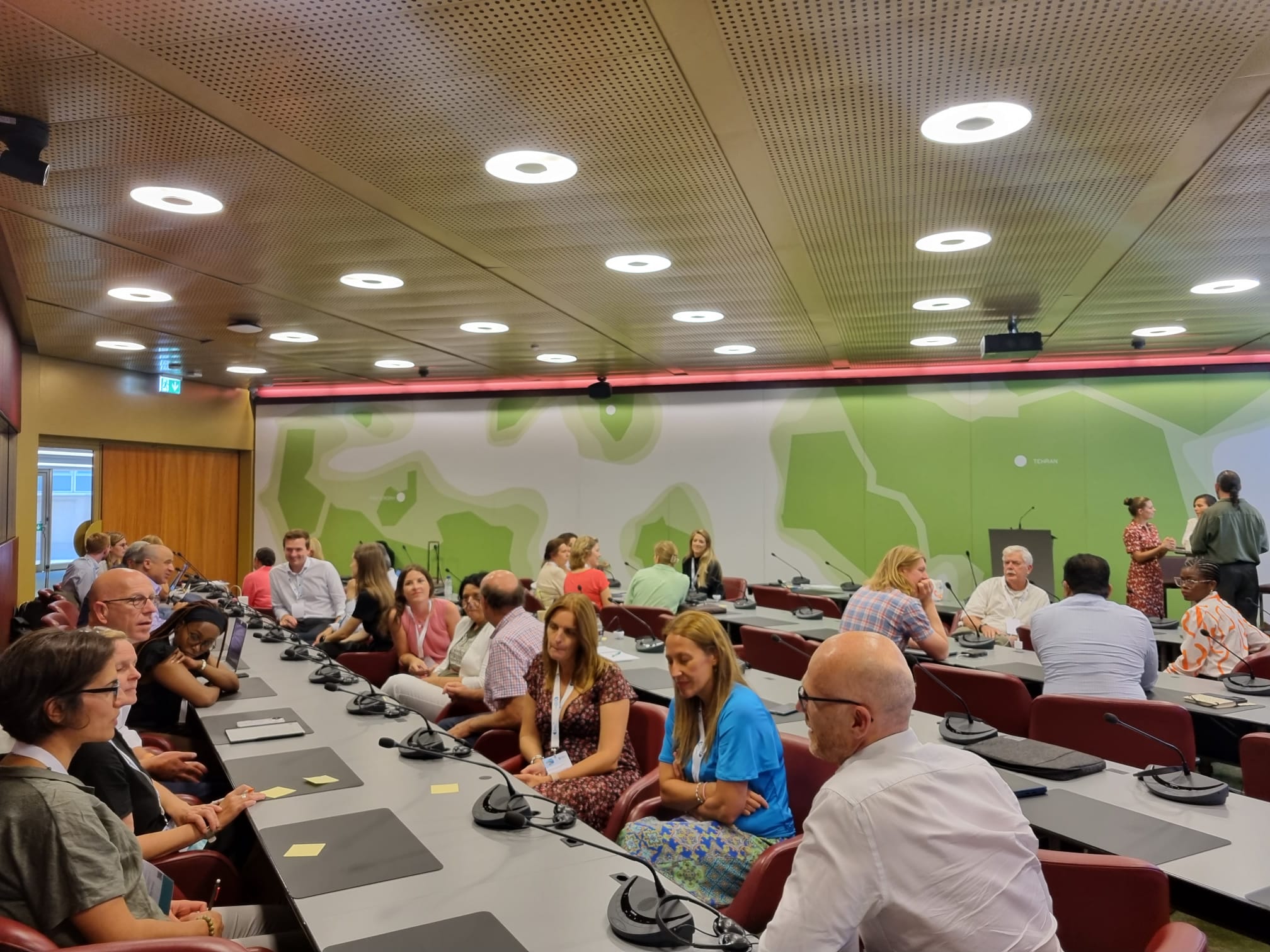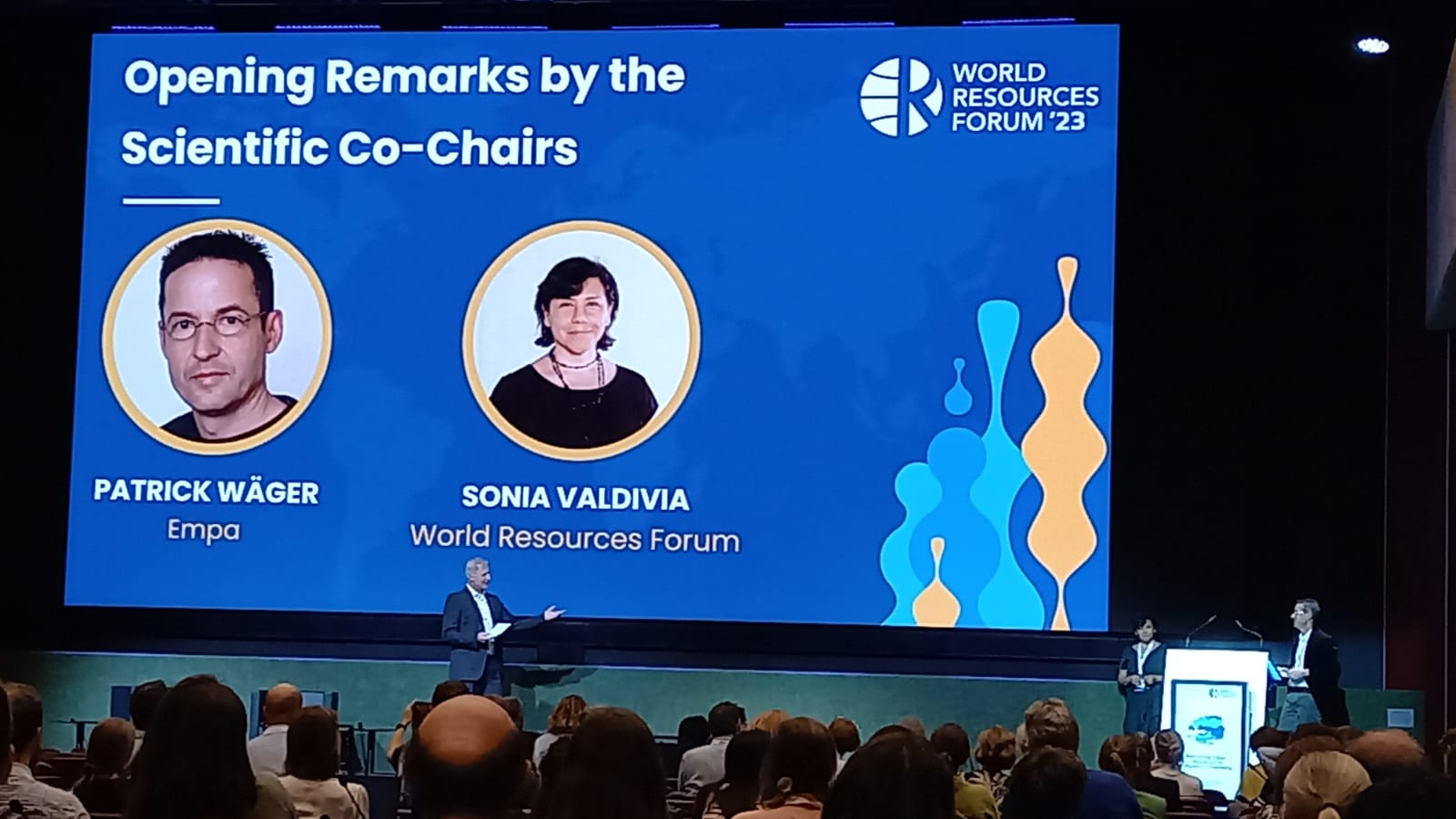Brought to you by René Luigies from Games for Health
Human beings tend to stick to daily routines and old habits. This makes them feel comfortable and secure resulting in a particular behaviour of a person or a group of persons. Behavioural science primarily seeks to categorise human behaviour as impacts on society as a whole.
Changes in daily routines, quitting old habits requires changes in behaviour. We could see how difficult this is, during the COVID-19 pandemic. People were advised to keep at least two meters of distance from each other and while there was an intrinsic motivation (prevention) to do so, it took a major effort e.g. in supermarkets and public transport to achieve it.
Behavioural Science and Sustainability
In 1987, the United Nations Brundtland Commission defined sustainability as “meeting the needs of the present without compromising the ability of future generations to meet their own needs.” This is how behavioural science and sustainability are interconnected: the need to feel comfortable and secure now while guaranteeing that the same needs will apply to future generations as well.
The crucial challenge is how we can motivate people to change behaviour now for the benefit of future generations. For some, but likely not for a large population, it will be intrinsic motivation to adapt their behaviour, e.g. for parents with children. However, if we focus on the healthcare sector, in all respects, it is bonded to strict protocols, regulations, procedures, experience and habits, all for the safety of the patients. On top of that, when considering the transformation of the healthcare system, history proves that it is extremely difficult to change it. The implementation of digital online consultations, for example, was way behind expectations. It accelerated only due the pressure of the Covid-19 pandemic and the number of online consultations has been decreasing ever since life returned to “normal”.
How is Behavioural Science Applied in DiCE?
However, it is imperative to undergo a drastic overhaul of the healthcare sector to ensure its sustainability in the future, with behavioural science playing a pivotal role in achieving this goal. That is where the Digital Health in the Circular Economy (DiCE) project comes into the picture. It aims at developing circular approach to digital health devices by focussing on eco-design, reverse logistics, remanufacturing and recycling, but also on consumer behaviour change for both healthcare providers and patients.
The project focusses on two specific behaviour adaptation models.
FOGG’s model is dissecting the relation between “motivation” and “ability”. In layman’s terms, even when motivation is high, if someone is not able to adapt, the success rate will remain low. The same applies for its opposite “easy to do” in combination with low motivation. Reaching consensus between the two, is a sensitive balancing act.
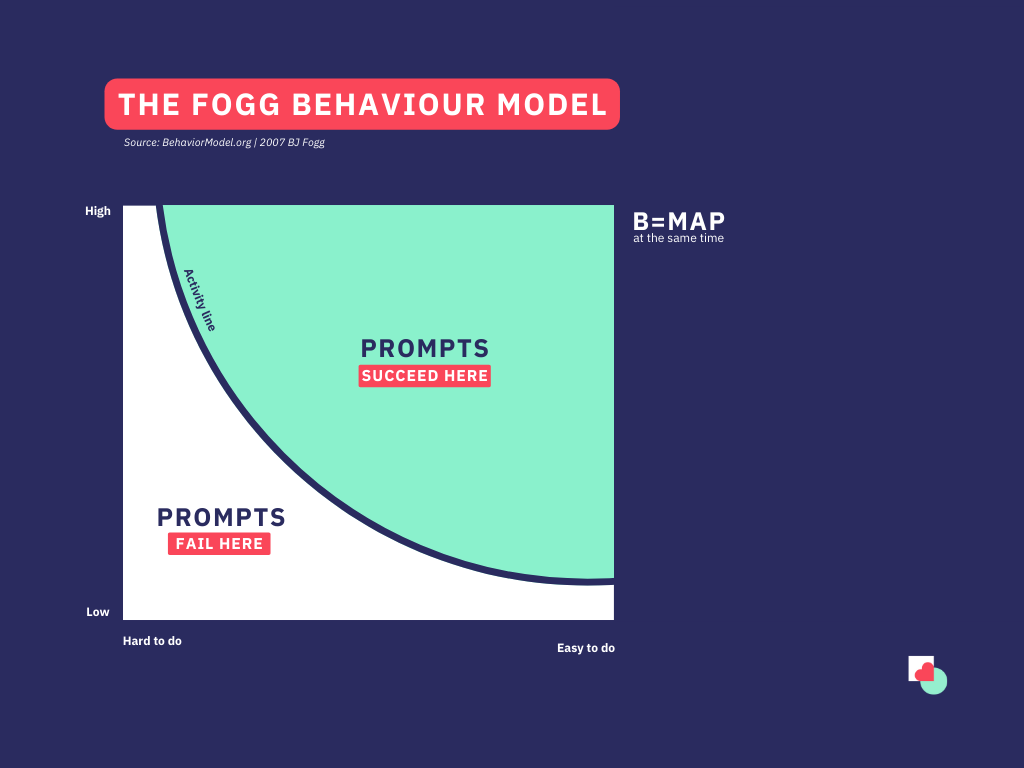
According to the self-determination theory (SDT) the motivation to change behaviour is based on three factors: Competence, Autonomy and Relatedness (CAR). But let’s not get ahead of ourselves, we will tell you more about how we modified “CAR” to fit the DiCE model in the coming months!
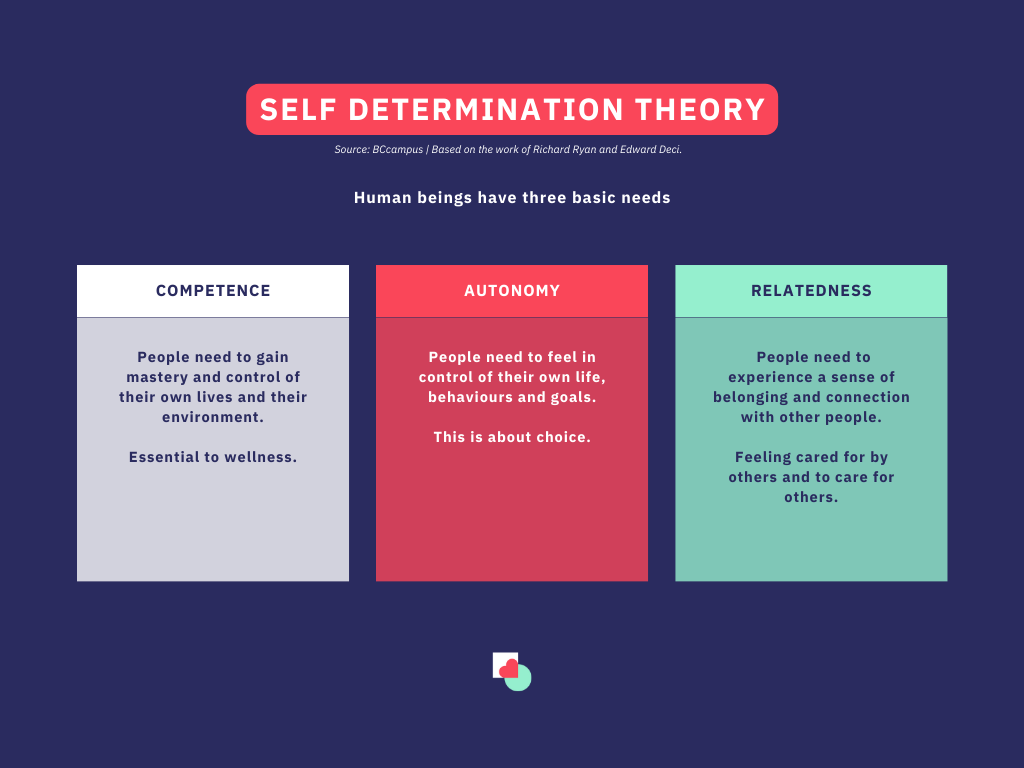
Using both models, motivational strategies are currently being developed in co-creation with all stakeholders, patients, healthcare professionals and citizens in three different European countries (Belgium, Spain, Slovenia). These motivational strategies will be applied in the DiCE project after substantial testing with the final objective of creating an innovative circular ecosystem for digital healthcare in mind.

